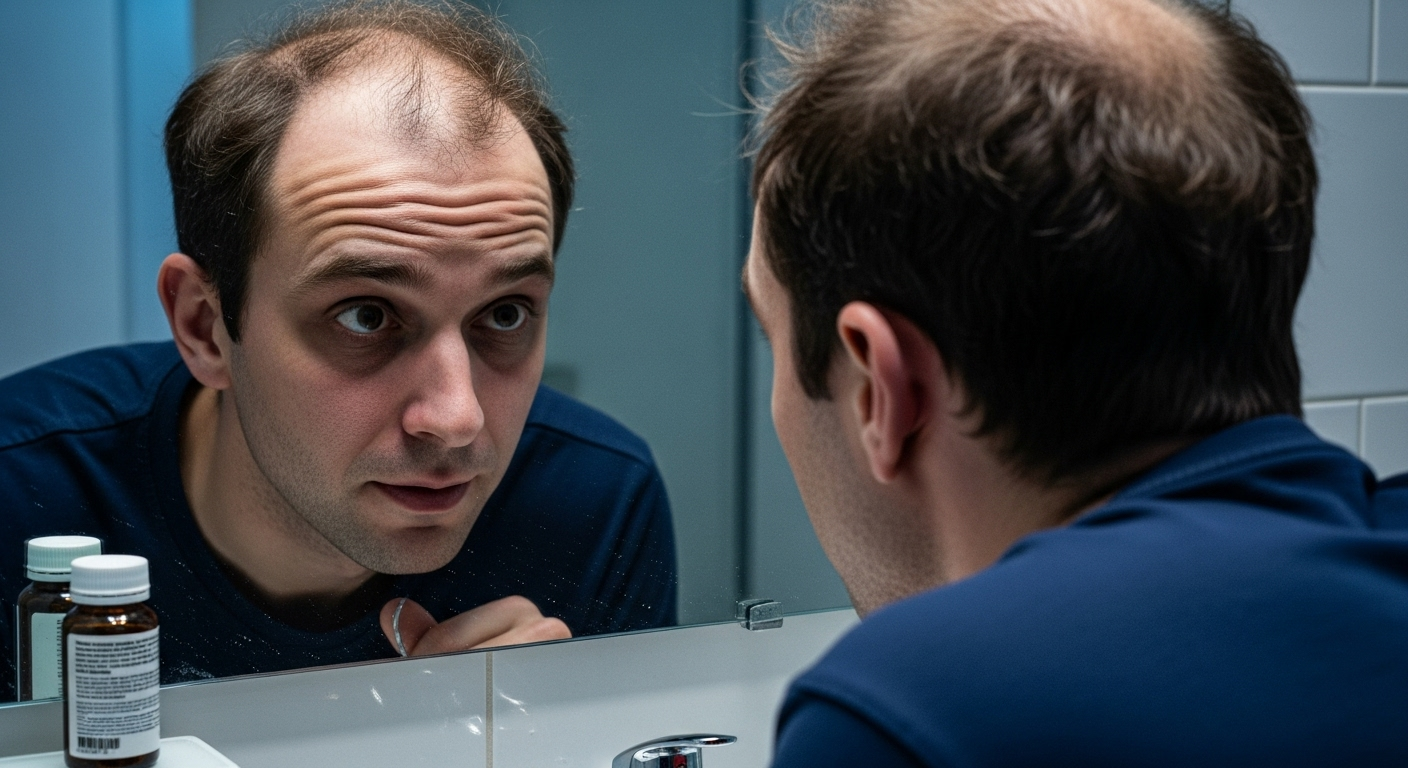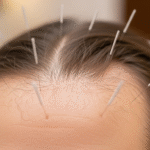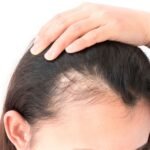If you're wondering whether Cocaine Cause Hair Loss, the answer is yes. Cocaine can disrupt your hair growth cycle and lead to conditions like telogen effluvium, which causes excessive shedding. In this article, we will explore how cocaine affects hair health, the underlying mechanisms, and ways to recover. You will also learn practical steps to …
If you’re wondering whether Cocaine Cause Hair Loss, the answer is yes. Cocaine can disrupt your hair growth cycle and lead to conditions like telogen effluvium, which causes excessive shedding. In this article, we will explore how cocaine affects hair health, the underlying mechanisms, and ways to recover.
You will also learn practical steps to promote hair regrowth and prevent further damage. This guide aims to provide clarity on the topic and offer helpful advice from medical experts.
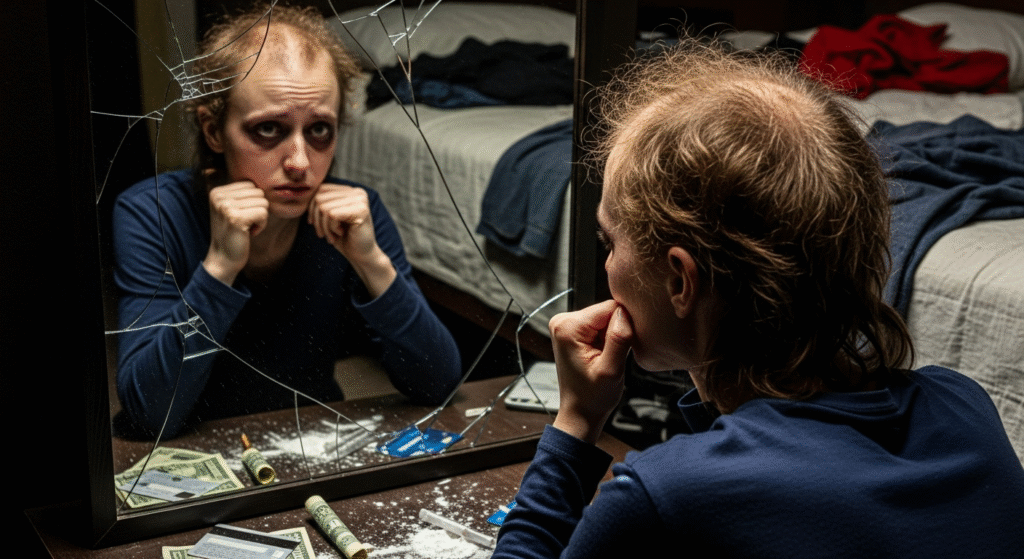
How Can Cocaine Cause Hair Loss
Disruption of the Hair Growth Cycle
Cocaine’s impact on hair loss primarily comes from its ability to disrupt the natural hair growth cycle. Normally, hair goes through three phases: the anagen (growth) phase, the catagen (transition) phase, and the telogen (resting) phase.
Cocaine use accelerates the transition of hair follicles into the telogen phase, causing hair to shed prematurely. This condition is known as telogen effluvium.
- Telogen effluvium results in excessive hair shedding, typically starting 2 to 3 months after cocaine use.
- If you’ve recently used cocaine and noticed increased hair thinning, this could be the cause.
Nutritional Deficiencies
Cocaine suppresses appetite, leading to poor nutrition, which is another key contributor to hair loss. The body requires essential vitamins and minerals like biotin, zinc, and iron to maintain healthy hair growth.
When cocaine use prevents proper nutrient absorption, hair follicles weaken, causing hair to fall out.
- Poor nutrition can lead to hair thinning and breakage, especially when the body isn’t getting enough protein, vitamins, and minerals.
- Iron deficiency is particularly common in those with poor eating habits due to cocaine use and can exacerbate hair loss.
Hormonal Imbalances
Cocaine use also affects hormone levels, particularly those related to stress and metabolism. Chronic cocaine use triggers an increase in cortisol, the body’s primary stress hormone. Elevated cortisol levels can disrupt normal hair follicle function and lead to hair thinning or shedding.
- Increased cortisol levels from stress can cause hair to enter the telogen phase prematurely.
- Hormonal changes like these can also aggravate conditions like male and female pattern baldness.
Is Cocaine-Induced Hair Loss Reversible?
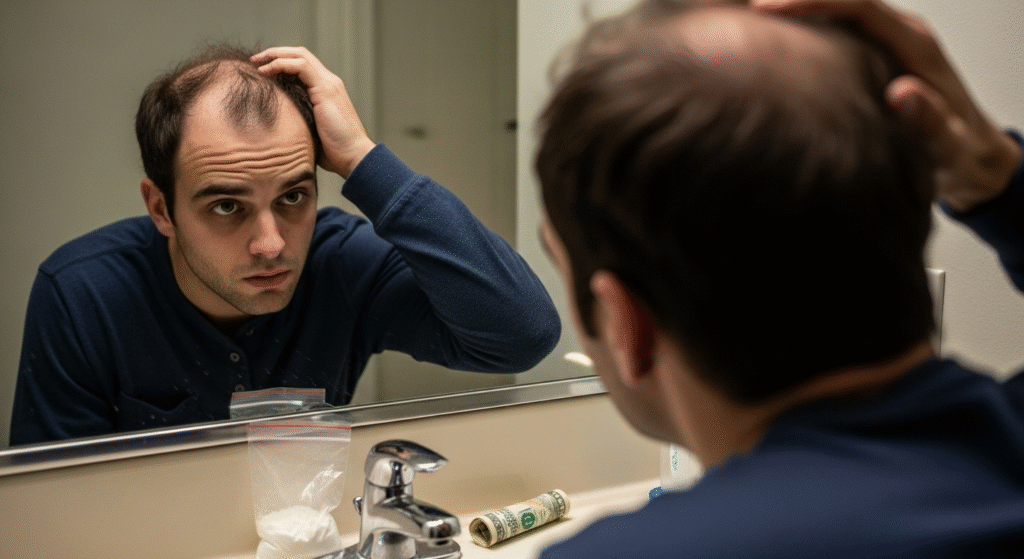
Reversibility of Hair Loss
The good news is that cocaine-induced hair loss is often reversible. When cocaine use stops, the body begins to heal, and hair follicles can return to their normal growth cycle. However, the extent of recovery depends on the duration and intensity of cocaine use.
- It can take several months for hair to begin regrowing after cessation of cocaine use.
- In some cases, full recovery may take up to 6 to 12 months as the hair follicles re-enter the anagen (growth) phase.
Supporting Hair Regrowth
To support hair regrowth after cocaine use, it’s crucial to focus on nutrition, stress management, and overall health. Proper dietary habits, including vitamins and minerals, will help restore the body’s natural balance and promote hair growth.
- Consider incorporating biotin, zinc, and iron into your diet.
- Hydration is also essential for maintaining scalp health and improving hair quality.
- Managing stress through relaxation techniques can help reduce cortisol levels and support the hair regrowth process.
If you’re experiencing hair loss due to cocaine use, consulting a healthcare provider can help create a personalized plan for recovery.
Expert Insights and Medical Perspectives
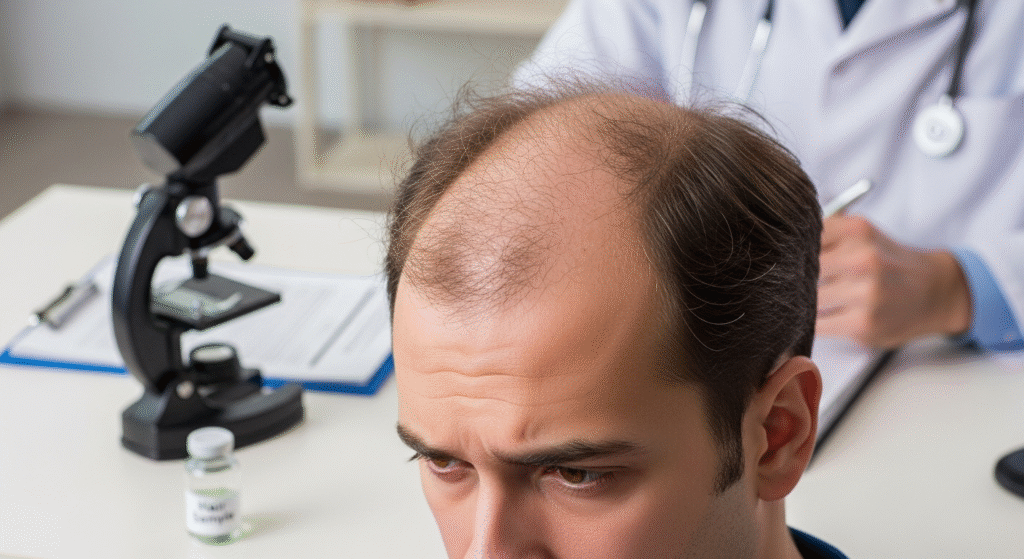
Dermatological Viewpoint
Treatment for cocaine-induced hair loss involves addressing the root cause (cessation of drug use) and focusing on scalp health. Dermatologists may recommend minoxidil or other topical treatments to encourage hair regrowth.
FAQs
Does Cocaine Use Always Lead to Hair Loss?
Not everyone who uses cocaine will experience hair loss, but the risk increases with prolonged or frequent use. The severity of hair loss can vary based on individual health, the amount of cocaine used, and the duration of use.
Chronic use is more likely to cause noticeable hair thinning and shedding.
Occasional use may not result in immediate hair loss but can still affect overall health over time.
How Long After Stopping Cocaine Will Hair Loss Cease?
Hair shedding due to cocaine use may continue for a few weeks after you stop using the drug. However, hair regrowth can begin within 3 to 6 months after cessation, with noticeable improvements typically visible after 6 to 12 months.
Can Hair Loss from Cocaine Use Be Prevented?
The most effective way to prevent cocaine-induced hair loss is by avoiding cocaine use altogether. If you are already experiencing hair thinning, seeking professional help to stop cocaine use and address underlying health issues is the first step in recovery.
What Treatments Are Available for Hair Loss Due to Cocaine Use?
In addition to stopping cocaine use, treatments may include:
Topical medications like minoxidil to promote hair regrowth.
Nutritional supplements to replenish essential vitamins and minerals.
Stress management techniques to reduce cortisol levels and support hair regrowth.
Consulting a dermatologist or healthcare professional is essential for personalized treatment.
Conclusion: Taking Steps Toward Recovery
Cocaine use can cause hair loss through several mechanisms, including disruption of the hair growth cycle, poor nutrition, and hormonal imbalances. While the effects of cocaine on hair are concerning, the damage is often reversible once the drug is stopped, and with the right treatments and lifestyle changes, hair regrowth is possible.
Seeking Help for Cocaine Use and Hair Loss?
If you’re struggling with cocaine use and its effects on your hair, it’s time to take action. Book a consultation with Dr. Uzma Irfan, an ISHRS-certified surgeon in Islamabad today, to create a personalized treatment plan. Don’t wait—start your journey to recovery and healthier hair now.

